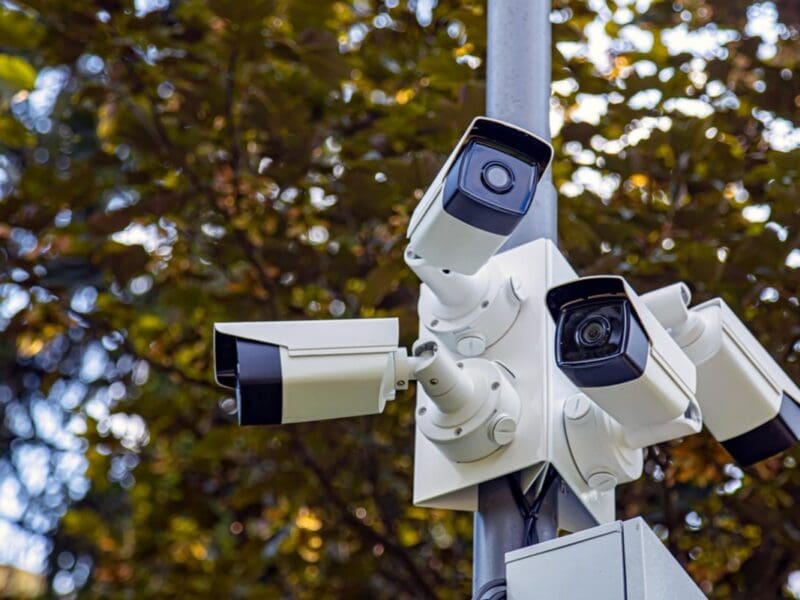
The 5 Latest advancements in RC plane battery technology in 2023
Remote control (RC) planes have been popular among hobbyists for decades, and the technology surrounding RC planes has continued to advance rapidly. One of the most significant advancements in RC plane technology has been the development of better and more efficient batteries. In 2023, there have been several exciting advancements in RC plane battery technology that are worth exploring.
What are the Latest Advances in RC Battery Technology?
1. Lithium-Polymer (Li-Po) Batteries
Lithium-polymer (Li-Po) batteries have become the standard choice for remote control (RC) planes due to their high energy density, lightweight design, and low self-discharge rate. Li-Po batteries use a polymer electrolyte instead of a liquid electrolyte, which makes their shapes thin and flat. This design allows RC airplane lipo batteries to be lightweight and compact, making them ideal for use in RC planes.
Recent advancements in Li-Po battery technology have made them even more efficient and long-lasting, allowing RC plane enthusiasts to fly for longer durations without recharging their batteries. One of the most significant advancements in Li-Po battery technology is the development of higher-capacity batteries. These batteries can store more energy and fly RC airplanes for longer periods.
However, Li-Po batteries require careful handling, as they can be dangerous if improperly handled. They can catch fire or explode if overcharged, short-circuited, or punctured. Therefore, RC plane enthusiasts should follow proper safety procedures when handling and charging Li-Po batteries.
2. Graphene Batteries
Graphene batteries are a newer type of battery that uses graphene, a highly conductive material, as a component of the battery’s anode. Graphene batteries are much more efficient than traditional lithium-ion batteries, as graphene allows for faster charging and discharging of the battery while also reducing the risk of overheating and fires.
In addition, graphene batteries have a longer lifespan and can store more energy than traditional batteries, making them an ideal choice for remote-control (RC) planes. The lightweight design of graphene batteries also makes them ideal for RC planes, as they can provide longer flight times without adding significant weight to the aircraft.
While graphene batteries are still relatively new, they have shown great promise in RC planes and other applications. As technology advances, graphene batteries are expected to become even more efficient and widely used in various industries. However, like any new technology, they still require further research and development to improve their performance and reduce costs.
3. Solid-State Batteries
Solid-state batteries are a newer type of RC airplane battery that uses a solid electrolyte instead of the traditional liquid electrolyte found in most batteries. This design provides several advantages over traditional lithium-ion batteries, including increased efficiency, longer lifespan, and higher energy density. Solid-state batteries are also less prone to overheating and catching fire, making them safer for remote control (RC) planes.
In addition, the lightweight design of solid-state batteries makes them ideal for use in RC planes, as they can provide longer flight times without adding significant weight to the aircraft. Solid-state batteries are also capable of fast charging and can withstand more charge and discharge cycles than traditional batteries, making them a reliable choice for RC plane enthusiasts.
While solid-state batteries are still in the development phase, they have shown great potential in the field of RC planes and other applications. As technology continues to advance, solid-state batteries are expected to become even more efficient and widely used in various industries. However, further research and development are needed to make them more cost-effective and widely available.
4. Hydrogen Fuel Cells
Hydrogen fuel cells are a newer power source that uses hydrogen gas to generate electricity. Hydrogen fuel cells are desirable for remote control (RC) planes because they are lightweight, have a high energy density, and produce zero emissions.
In a hydrogen fuel cell, hydrogen gas is fed into the fuel cell’s anode, and oxygen from the air is fed into the cathode. The hydrogen gas reacts with a catalyst, producing electrons and hydrogen ions. The electrons flow through an external circuit, generating electricity, while the hydrogen ions combine with oxygen to form water – the only byproduct of the reaction.
Hydrogen fuel cells are still in the development phase for RC planes, and more research is needed to improve their efficiency and reduce their cost. However, they have already shown great potential as a clean and efficient alternative to traditional battery technology, particularly for applications where weight is a concern.
5. Wireless Charging
Wireless charging is a technology that allows remote control (RC) plane enthusiasts to charge their batteries without having to plug in a physical charger. Wireless charging uses electromagnetic fields to transfer energy from a charging pad to the battery of the RC plane.
Wireless charging is an attractive option for RC plane enthusiasts because it eliminates the need for physical charging ports, which can be cumbersome and difficult to access in small aircraft. It also allows for more convenient charging, as you can simply place the RC plane on a charging pad when it needs to be charged.
While wireless charging is still in the early stages of development for RC planes, it has already shown great promise in other industries. As technology continues to advance, wireless charging is set to become even more efficient and widely useful in various applications, including RC planes.
Conclusion
There are several exciting advancements in RC plane battery technology in 2023. Lithium-polymer, graphene, solid-state, hydrogen fuel cells and wireless charging are promising technologies that make RC planes more efficient, longer-lasting, and more convenient. . As these technologies continue to evolve, we can expect to see even more advancements in RC plane battery technology in the future.
To learn more about the technological advancements in RC plane batteries, speak to experts at RC Battery today!







